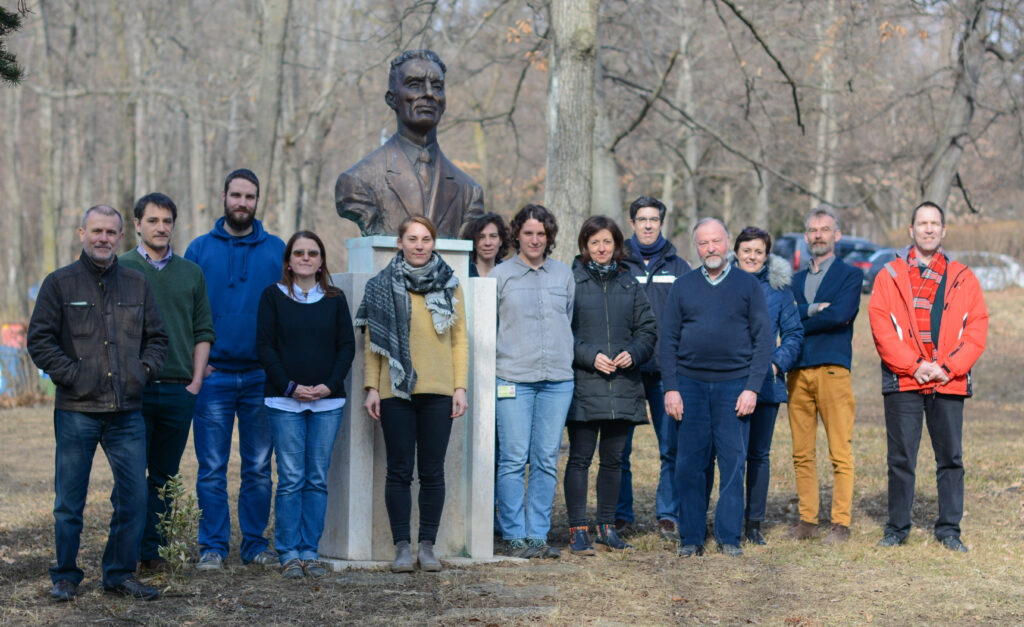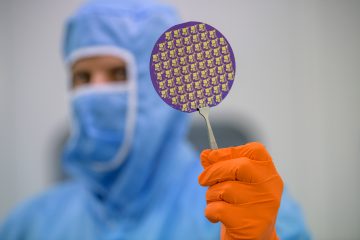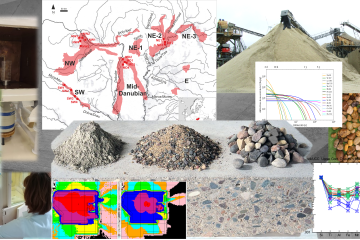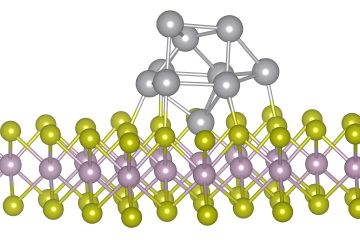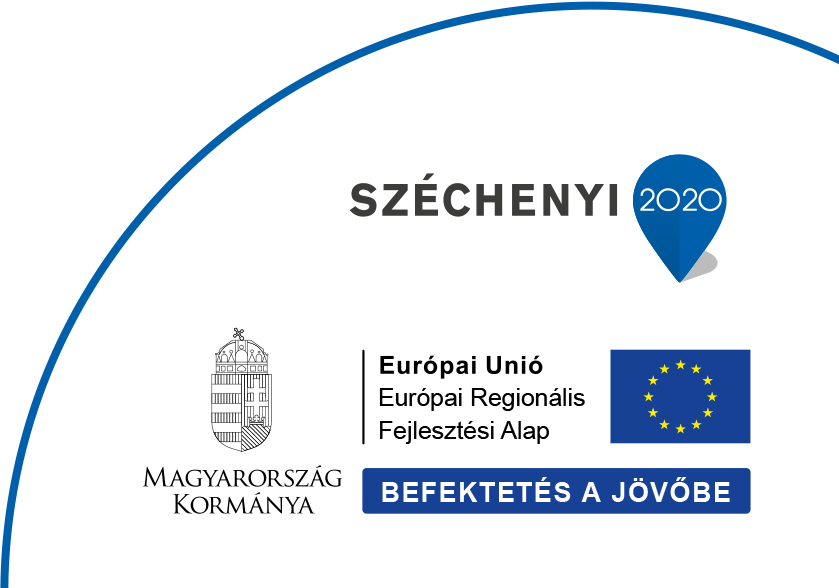Last week saw the first in-person round table discussion of heritage sciences at the Budapest Neutron Centre (BNC) for some time. Happily, 14 colleagues from across the BNC were able to attend including two new members who will also be contributing to research in heritage sciences: Zoltán Kovács has joined the Institute of Technical Physics and Materials Science from Eötvös Loránd University, and brings his expertise in SEM analysis and geochemistry, while John Gait joins the Neutron Spectroscopy Lab from the British Museum, and is an archaeologist specialising in pottery. The aim of the meeting was not only give an overview of the more current HS activities, but also to discuss how to initiate new research projects and co-operations.
The meeting got underway with a comprehensive overview from Zsolt Kasztovszky of the wide range of analytical techniques available at the BNC, including also many non-neutron based techniques, followed by the latest news on provenancing obsidian, glass and lapis lazuli, and an ambitious new NKFIH funded “OTKA” project on polished and ground stone artefacts in the Carpathian basin. Boglárka Maróti updated us on the ongoing analyses of numerous metal artefacts, including Late Bronze Age defensive and offensive armours, a long-running collaboration with the Hungarian National Museum. An exciting, recently published, multidisciplinary study of an Aztec mask from the Ethnographic Museum was presented by Veronika Szilágyi, highlighting the range of non-destructive techniques that can be applied to investigating complex, composite objects. Pottery studies also got a look-in, with John Gait presenting ongoing developments in the study of forming techniques, and the publication of a pioneering compositional study of 6th century pottery led by Katalin Bajnok.
László Rosta provided an insightful review of E-RIHS, the soon launching European cultural heritage research platform, successor to IPERION HS, which promises to offer many exciting opportunities for heritage science research at the BNC.
We thank Kata for ably chairing the meeting, and all those who attended for their interesting questions and lively discussion. If you would like to know more about heritage sciences at the BNC or how to get involved through IPERION-HS or other funding opportunities, then do not hesitate to contact us!
